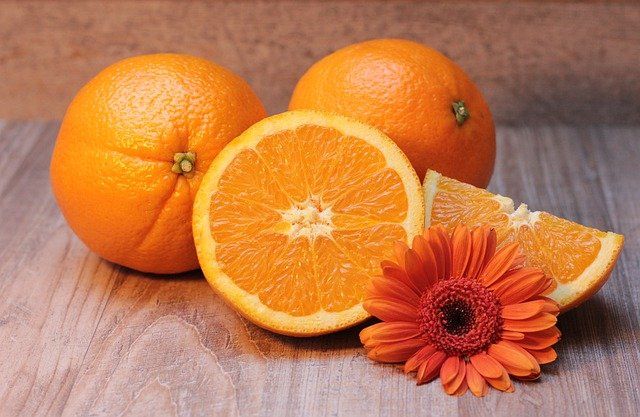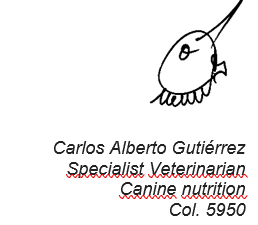
Vitamin C supplements are not required for cats and dogs because they produce it themselves, naturally.
Many people wonder why many foods add it and even promote it as a beneficial nutrient for the health of these species.
Since vitamin C was discovered in the 1920’s, we have learned a lot about its function in cats and dogs. It’s true that in humans, its supplementation is sometimes necessary, because we, like many other mammals, fish and birds, do not produce it naturally.
However, as far as dogs and cats are concerned, its addition to their food is not necessary because their body produces the necessary amount to maintain their vital functions. So why are feeds for these species supplemented with this vitamin?
First defense
The body undergoes many – billions – oxidative processes daily and needs defenses to stop these attacks. Vitamin C acts as that first barrier of defense, ready to spring into action and stop these harmful oxidation reactions. Because it is a water-soluble vitamin, it is very safe to use, even in large doses, the body will metabolize (disintegrate) it right away.
Due to its power in reducing oxidation, it is a perfect assistant in many biochemical processes, helping, for example, the regeneration of many antioxidants such as vitamin E and carotenoids such as beta-carotene.
Is vitamin C supplementation necessary?
Seeing the beneficial effects, we have no doubt that taking vitamin C can be very helpful.
But what about species such as dogs and cats that can produce it by themselves? Here, the phenomenon of anthropomorphization reappears – humanizing our pets and treating them as such.
There are multiple studies where vitamin C supplementation has caused beneficial effects. For example, in such serious oxidative processes produced by tobacco and alcohol, vitamin C is a good defender. Diseases such as cancer that generate many free radicals, including osteoarthritic processes in different joints, have seen improvements.
For the same reason, it is believed that vitamin C would also be beneficial to cats and dogs.
But cats and dogs make their own vitamin C!
Yes, they do. But what experts and researchers say, is that, under stressful conditions such as illness, oxidative aggressions increase, and dogs and cats have a slow rate of production of this antioxidant. This is the reason given by advocates of vitamin C supplementation. Unfortunately, studies have failed to show conclusive evidence of its beneficial effects under these conditions.
However, the contrary – that vitamin C doesn’t work or help at all – cannot be affirmed, either. So the argument that the addition or supplementation of vitamin C in stress processes is not harmful and can be beneficial, is logical and carries weight.
Practical situations
Homemade diets for dogs with cancer should avoid carbohydrates. However, some low-glycemic carbohydrates, such as cauliflower, Brussels sprouts, cabbage, and broccoli are allowed. Interestingly, these vegetables are high in vitamin C. If they are sautéed and mixed with meat and well seasoned, they are a good homemade food that almost all dogs will be happy to eat.
Speaking of meat, liver is an excellent source of vitamin C, although great care must be taken when introducing it into the diet due to the imbalances that its low-calcium and high phosphorus content can cause.
As far as orthomolecular nutrition is concerned – nutritional elements that help or contribute to our health – the addition of vitamin supplements high in vitamin C is one of the accepted therapies to combat this type of oxidative processes that require high doses of antioxidants.
In the feed industry these nutrients are not so easily incorporated, so it is added in a different way, the most common being in the form of ascorbic acid.
To supplement or not to supplement, that is the question.
If a dog or cat is healthy and young, supplementing their diet with vitamin C supplements may not be necessary, or at least, the beneficial effects are not as noticeable.
On the other hand, during any process of illness or stress, as well as at the onset of middle age, vitamin C supplementation may be advisable.
The next question may clarify the picture a bit: what do we lose? It is a vitamin with practically no toxic effects due to its solubility in water. It is cheap, it will not cause damage, and it can benefit or at least slow down the negative effects of oxidative processes.
Click here and fill out the questionnaire so that we can start working together.
Best regards.

